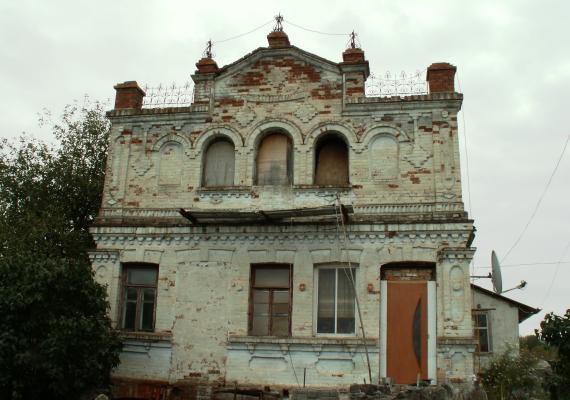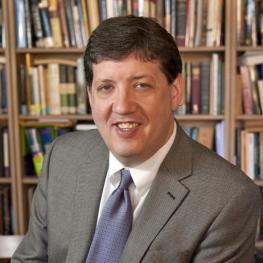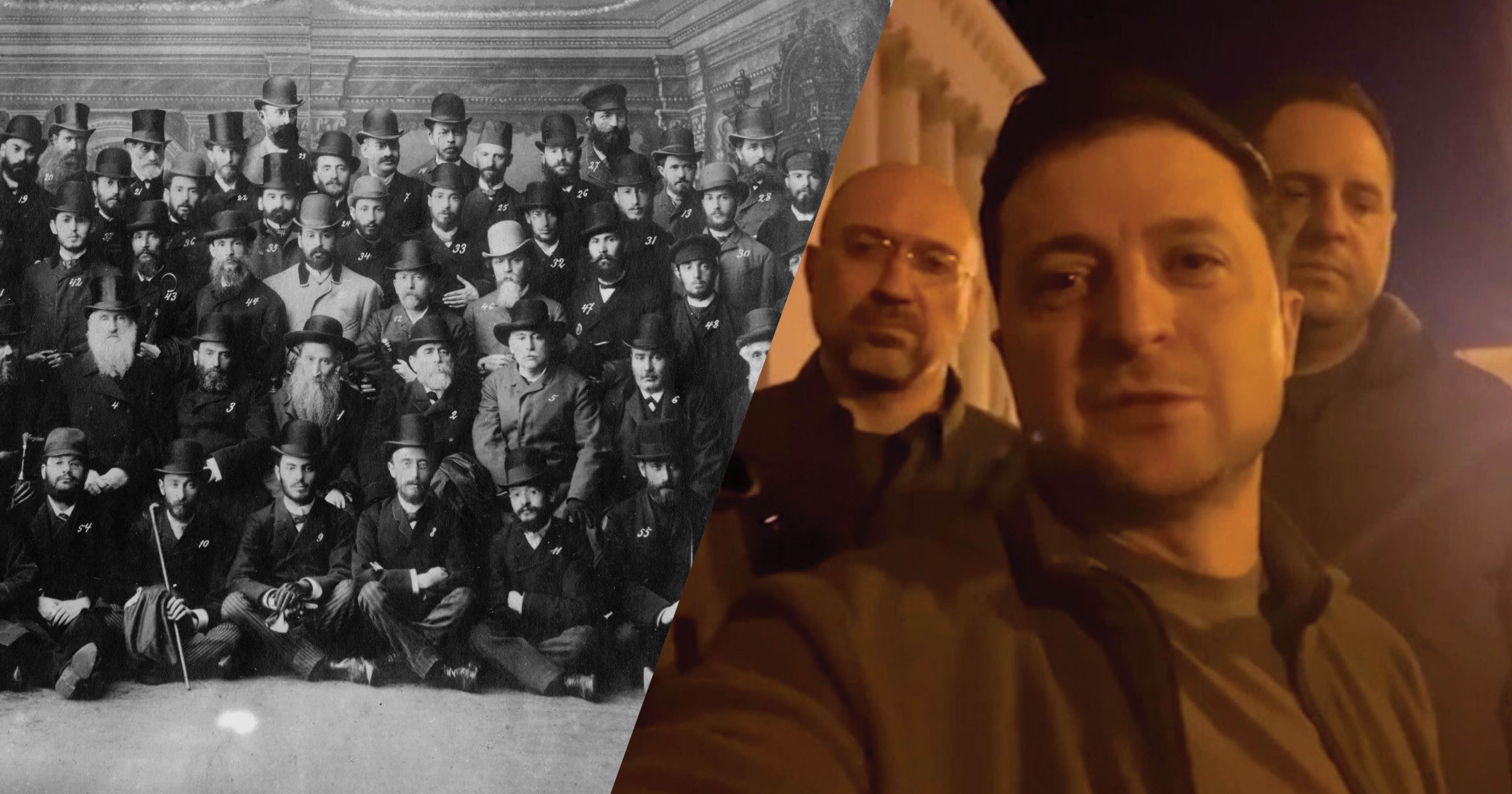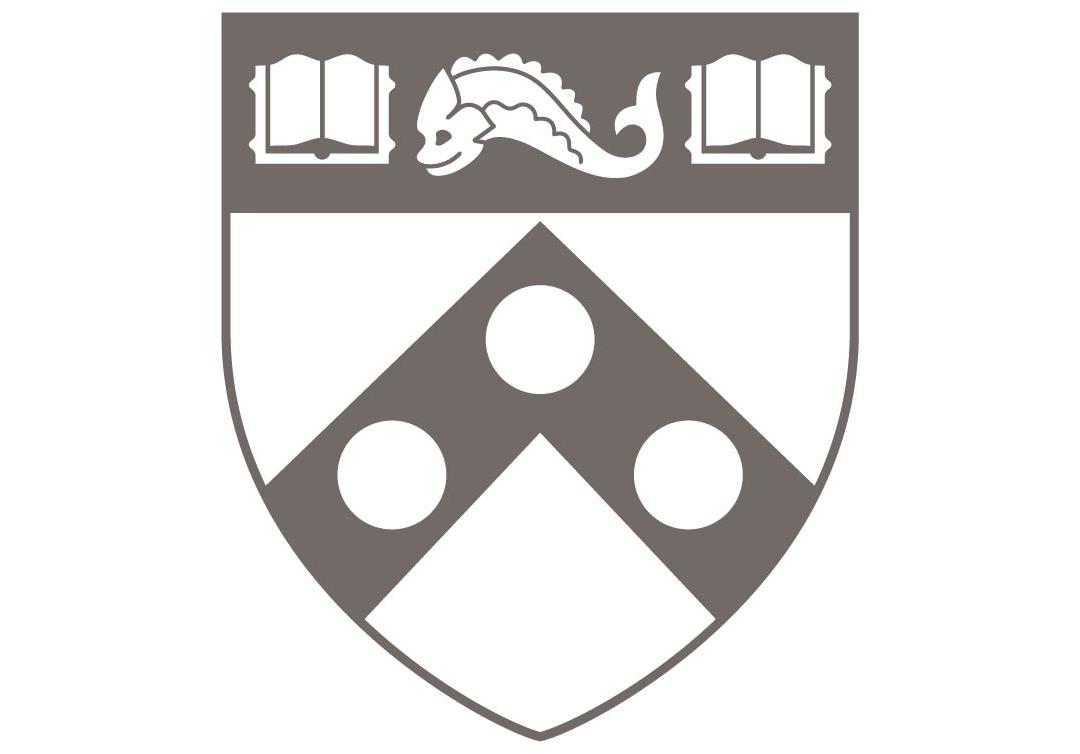Supporting Jewish Studies in Ukraine
Supporting Jewish studies scholars in Ukraine amidst war

In April 2022, a few months after Russia's invasion of Ukraine, a group of Jewish studies scholars came together to determine how to support Jewish studies scholars and students impacted by the war. What emerged from these conversations was a collaboration between the Katz Center, the Memorial Foundation for Jewish Culture, and a host of other academic partners—among them Penn’s Jewish Studies Program—that was meant to provide a modicum of support for Ukrainian scholars impacted by the war.
Ukraine has a complicated and important role as a part of Jewish history and culture. It has a storied role as the birthplace of Hasidism and Klezmer music, and it is also where many Jews were slaughtered during pogroms and the Holocaust. Jewish life continues there to this day— the number of Jews living in Ukraine is estimated to be between 50,000 and150,000 people. Jewish studies in Ukraine is sufficiently robust that there exists a Ukrainian Jewish Studies Association, and Ukrainian scholarship and archives are also important to continued research on subjects like the history of Jewish music, the Holocaust, and post-Holocaust Jewish life in Eastern Europe.
Among its many tragic consequences, Russia's invasion of Ukraine has had a devasting effect on Jewish studies in Ukraine, endangering the lives of scholars and students, cutting them off from their livelihoods as teachers and researchers, and threatening the physical existence of archives, museums, and schools.
Jewish studies programs could not be indifferent to what happened there, and many responded by offering to host refugee scholars and students. Given those efforts on behalf of refugees, the consortium to focus its efforts on scholars who for a host of reasons could not leave Ukraine.
A team of scholars led by Anna Shternshis (director of the Tanenbaum Center for Jewish Studies at the University of Toronto, Elissa Bemporad (the Ungar Chair in East European History at Queens College, City University of New York), and Katz Center director Steve Weitzman met with Rabbi Jeni Friedman, executive director of the Memorial Foundation for Jewish Culture. Together they formed an emergency grant program.
The logistics of the program were not uncomplicated, including figuring out how to send grant money to Ukraine in a way that would make sure that the funds were used for the intended purpose. But together, they figured things out, and to date, the grant program has provided mini-grants to thirty-four scholars, including some who have lost their homes or livelihoods as a result of the war.
One of the most special elements of this initiative was its collaborative nature. The directors of several other Jewish studies programs or centers responded immediately when called on to join the effort. These partners included JTS, Vanderbilt, Stanford, the University of Michigan, York University, the University of Texas, and Indiana University. Beyond administering the program, the Memorial Foundation for Jewish Culture also provided a generous matching grant that doubled the resources collected.
Recently, it was brought home to us how dire the situation in Ukraine remains when news came out of the death of one of the grant recipients, Vadim Steciuk, killed as a soldier in the Ukrainian Territorial Defense Forces. Dr. Steciuk was a talented historian pursuing research related to Jewish life in Petliura’s capital, Kamianets-Podilskyi. He was a member of the Ukrainian Jewish community and the Ukrainian Association for Jewish Studies, and we join his family, colleagues, and friends in mourning his loss.
This was a quickly organized emergency effort: the grants were modest and resources have now run dry. As the war continues, the group continues to think about other ways to support colleagues and students in Ukraine, and seeks to bring in new partners and new ideas. There is also the question of whether there is anything to be done in support Jewish studies scholars in Russia; their situation is very difficult for different reasons.
If you would like to join in this on-going effort, please be in touch with Steve Weitzman.
For a link to the current program, click here.
Image: Former Synagogue in Voroshylivka Ukraine, Creative Commons Attribution-Share Alike 3.0 Unported


